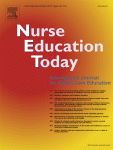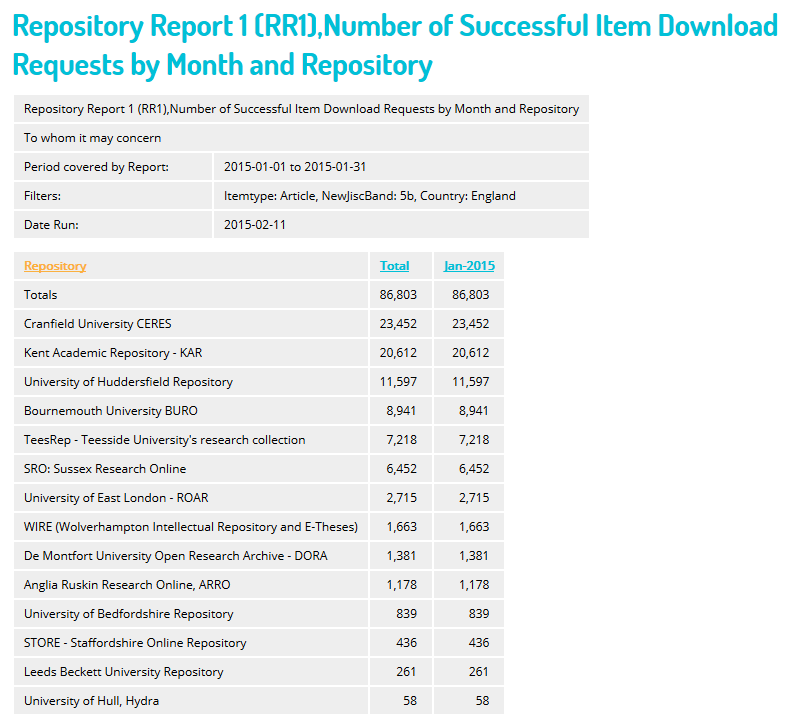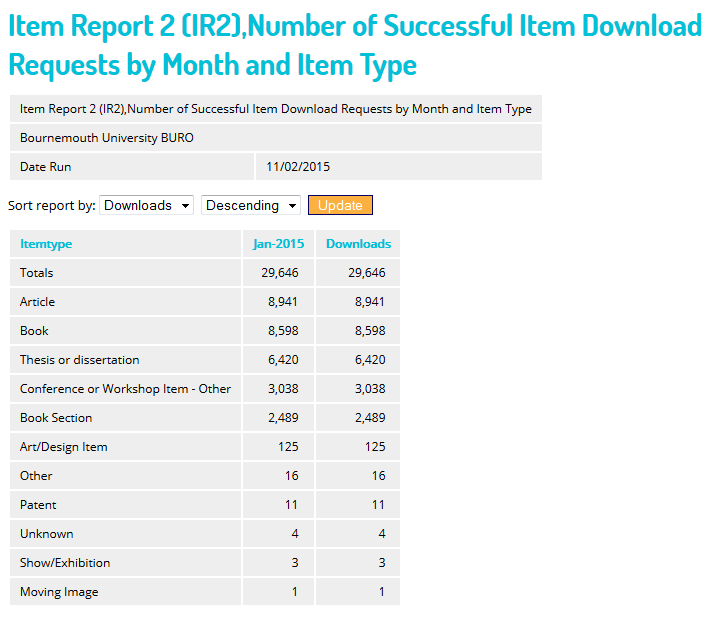‘Health and Wellbeing through Occupation’
International Occupational Science Conference
3rd & 4th September 2015
DEADLINE FOR ABSTRACTS APPROACHING – 31st March 2015
The deadline of 31 March is fast approaching for the submission of abstracts with NO EXTENSION TO THIS DATE.
SUBMIT YOUR PAPER NOW!
Interesting abstracts have been arriving from all over the world but we would encourage more from within BU and are sure there are many more stimulating and noteworthy papers to come from both the academic and student communities. Your paper could be a valuable addition to the bank of work we are currently building for the conference.
PLEASE DO NOT MISS THE DEADLINE!
SHARE YOUR WORK OR EMERGING IDEAS.
CONFIRMED SPEAKERS: Prof. Clare Hocking, Prof.Emer. Judith Okely, Dr. Sridhar Venkatapuram and one other, still to be confirmed.
Go to www.bournemouth.ac.uk/osec for further details and advice on the submission process
or email Julie Atherton – occupation@bournemouth.ac.uk or call 01202 962804.


























 New CMWH paper on maternity care
New CMWH paper on maternity care From Sustainable Research to Sustainable Research Lives: Reflections from the SPROUT Network Event
From Sustainable Research to Sustainable Research Lives: Reflections from the SPROUT Network Event REF Code of Practice consultation is open!
REF Code of Practice consultation is open! ECR Funding Open Call: Research Culture & Community Grant – Apply now
ECR Funding Open Call: Research Culture & Community Grant – Apply now ECR Funding Open Call: Research Culture & Community Grant – Application Deadline Friday 12 December
ECR Funding Open Call: Research Culture & Community Grant – Application Deadline Friday 12 December MSCA Postdoctoral Fellowships 2025 Call
MSCA Postdoctoral Fellowships 2025 Call ERC Advanced Grant 2025 Webinar
ERC Advanced Grant 2025 Webinar Update on UKRO services
Update on UKRO services European research project exploring use of ‘virtual twins’ to better manage metabolic associated fatty liver disease
European research project exploring use of ‘virtual twins’ to better manage metabolic associated fatty liver disease